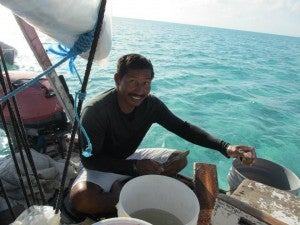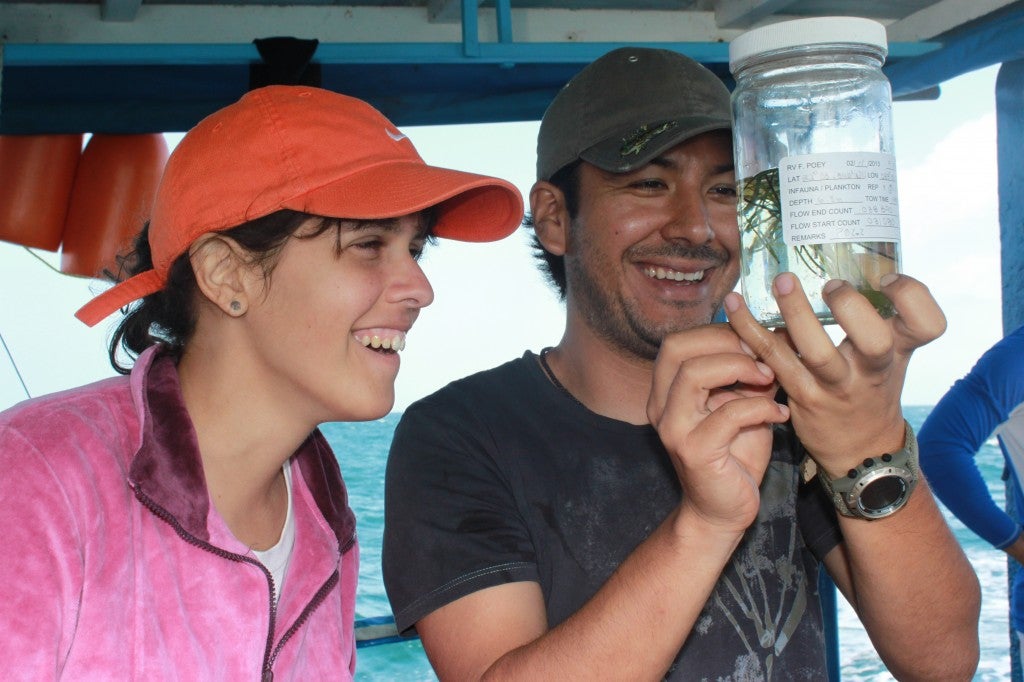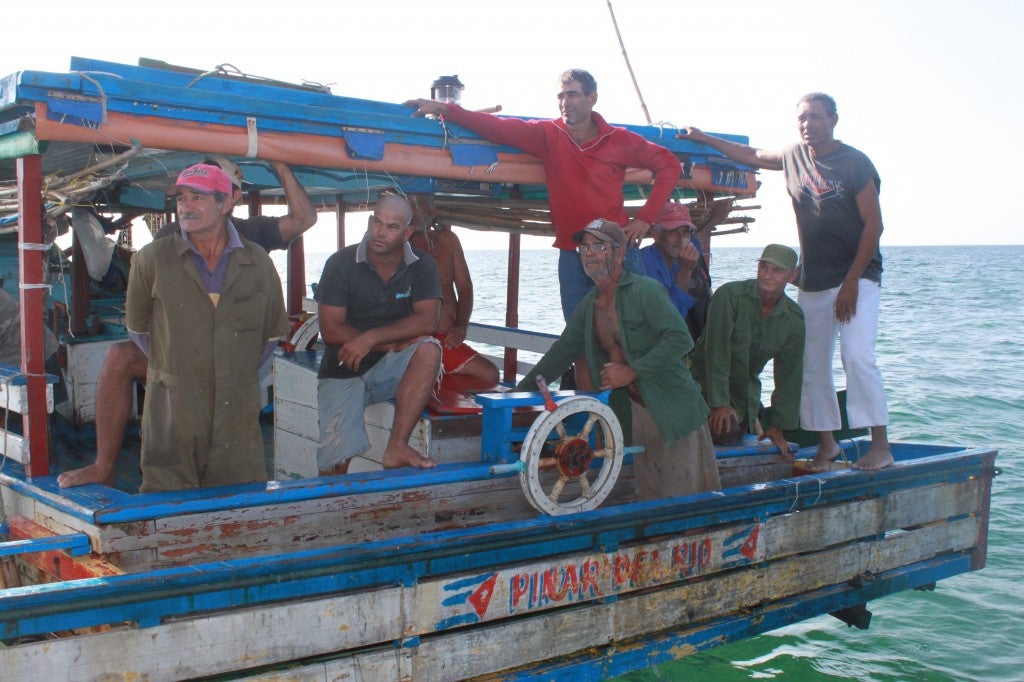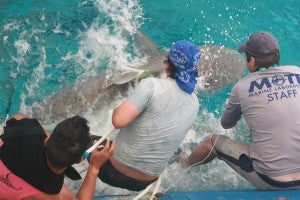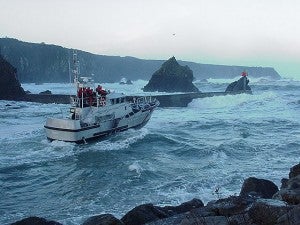
photo credit: Tidewater Muse via photopin cc
Regulations to restock fisheries and keep fishermen safe ought to go hand in hand. Unfortunately, in an effort to control how many fish are caught, regulators frequently impose rules that end up putting fishermen in harm’s way. For instance, if fishermen are limited to a set number of days on the water, there is pressure to go out and stay out, no matter the weather conditions. This time constraint also makes it less likely that captains and crew will take safety precautions and get enough rest.
EDF Oceans has joined safety advocates and families of commercial fishermen who have lost their lives at sea in signing a letter urging the National Marine Fisheries Service (NMFS) to ensure that rules to control overfishing do not result in unsafe conditions for fishermen.
The letter, signed by members of the Safe at Sea Network, as well as other fishing safety advocates, says, “When it comes to fishing safety, management plans should ‘first do no harm.’” Read More










